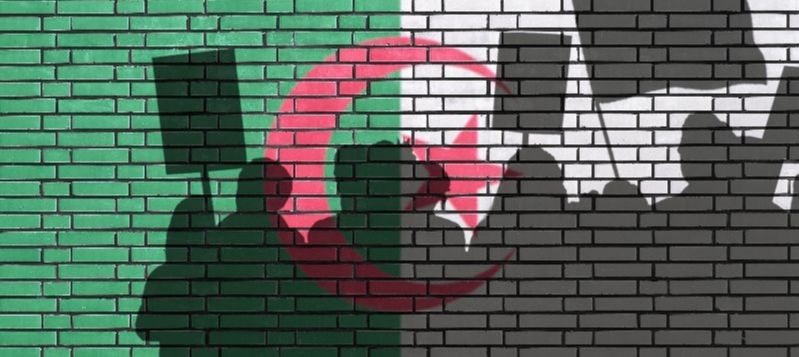
POMED
In recent weeks, Algeria has witnessed mass protests demanding that the ailing president, Abdelaziz Bouteflika, not run for a fifth five-year term in the election scheduled for April 18. The peaceful demonstrations represent the largest popular mobilization against Bouteflika’s rule since he came to power in 1999.
In a new POMED Expert Q&A, “No to the Fifth Term: Algeria’s New Protest Movement,” Algeria expert Isabelle Werenfels, senior fellow in the Middle East and Africa Division at the German Institute for International and Security Affairs (SWP), explains what is happening inside the country.
If the protests remain focused, well-organised, mobilised and their demands are clear, this might change and become a successful social movement, argues Dalia Ghanem, a resident scholar at the Carnegie Middle East Center in Beirut:
- To mutate, demands need first to remain clear with one defined ambition, namely expelling Bouteflika, his clans and his supporters from power.
- Second, they need to maintain the mobilisation of diverse actors in the social spectrum, as they have done so far, such as the students, lawyers, teachers, unemployed, etc.
- Third, their approach and strategy must remain peaceful, civil and good-natured to persuade more Algerians to join them and ensure that those protesting now stay behind the movement. RTWT
Read the Q&A here at the Project on Middle East Democracy [POMED – a partner of the National Endowment for Democracy].







